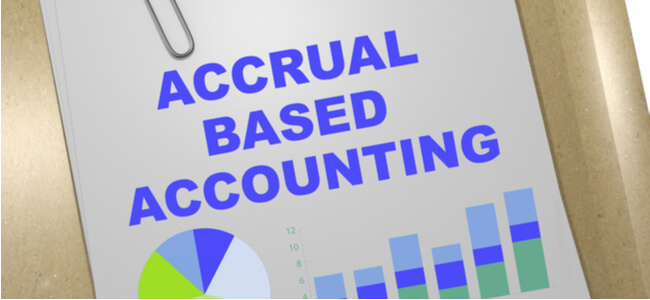FOB: What Does It Signify In An Invoice?

What is FOB on an invoice? FOB refers to freight on board or free on board. It marks the moment in the shipment process when the product is no longer the responsibility of the company shipping it.
In international shipping, the freight on board is understood as a commonplace shipping agreement. The types of invoices that most commonly use these laws are commercial invoices. These documents then accompany international shipping.
A piece of important information that follows free on board is the designation. This refers to when the responsibility of safe delivery ends for the seller. The designation will either contain the FOB shipping point or the freight on board destination. It’s crucial to understand the difference between the two since FOB in accounting can have real implications.
Shipping Point And Destination: What's The Difference?
Freight on board shipping point indicates the transfer of product ownership to the buyer from the time the product leaves the seller’s warehouse for delivery. During both the delivery and customs inspection, it’s the buyer who takes responsibility for the shipped product.
The buyer is also responsible for any damage to the product, theft, or loss sustained. The seller reserves the right to record the sale at the exact time the products leave the warehouse.
Freight on board destination refers to the transfer of product ownership to the seller that takes place upon receiving the product. It’s customary that the products arrive in good condition.
With the shipping point option, it’s the seller who earns the advantage. On the other hand, with the free on board destination option, the buyer is benefited. Specifying this difference is crucial to the FOB meaning in accounting.
Moreover, free on boards in the invoices are listed next to the city the product is being shipped to. For example, if a product was being shipped to Florida, the invoice would state it as freight on board Florida.
Why FOB Is Crucial For Small Businesses?
Since freight on board articulates the terms of an agreement in international shipping, they’re extremely crucial for small businesses. FOB invoices can have a moderate impact on businesses’ accounting. With the transfer of ownership, it automatically specifies who’s responsible for shipment costs along with costs of possible damage, theft, or loss.
Depending upon the type of “free on board”, businesses either can or can’t record a sale until the terms of the agreement have been fulfilled. Upon initiating a delivery with the FOB shipping point, the seller will proceed to account for it by recording it under sales. The buyer can then list it under the inventory. Therefore, it becomes an asset even before arriving at the destination.
FOB Vs. CIF
CIF stands for cost, insurance, and freight. Both CIF and freight on board are agreements used for international shipping when products are transported between a seller and a buyer. However, the main difference between these two is the party that’s specified as responsible for the products in transit.
A CIF agreement automatically transfers the responsibility of insurance and shipment costs to the seller. Under this contract the sellers must cater to the following responsibilities:
- Product’s transportation to the nearest port
- Shipping the products onboard
- Product’s insurance
- Clearing the cost of shipment
This is different from freight on board shipping point or free on board destination since these both transfer the ownership responsibility to different persons depending upon the type of agreement.
The Bottom Line
Knowing what FOB on invoices is benefits your small business’ accounts. Sellers generally prefer free on board shipping point delivery. Although, the practice usually isn’t reciprocated by the receiving party. Whether the international product shipment involves freight on board destination or free on board shipping point, this can have discernible implications for your business.
With the shipping point option, buyers are required to make a payment for the product as soon as it leaves the warehouse since that point in time is when they assume ownership of the product. On the upside, this allows the buyers to list the product as an asset at the point of origin.
In either case, businesses must always consider these two questions: What does FOB mean for their accounting practices and which type suits their needs the most?









